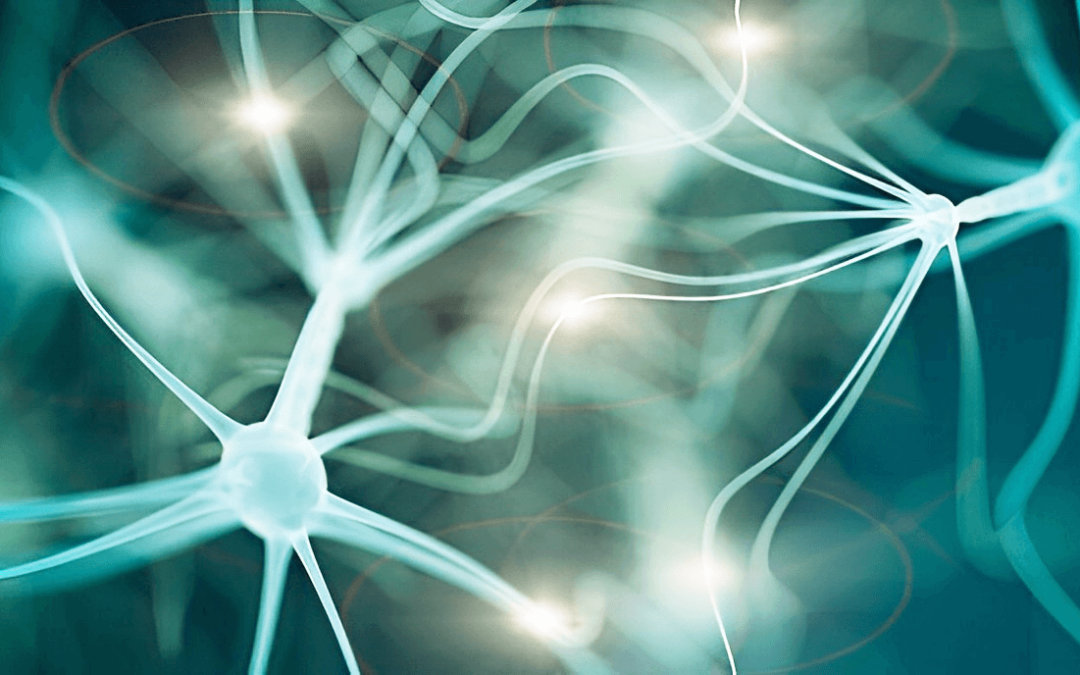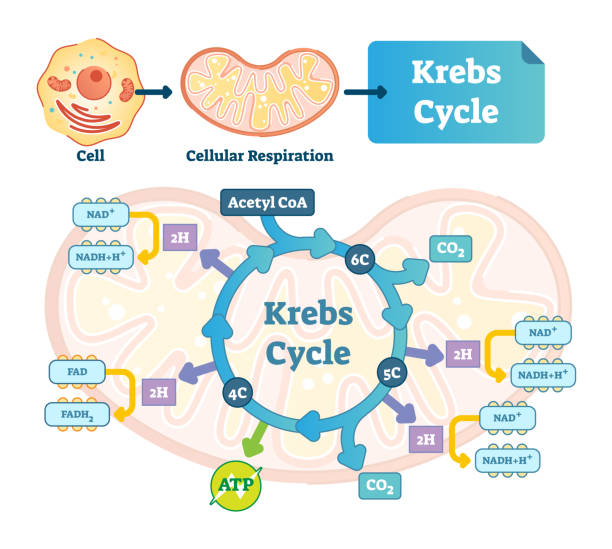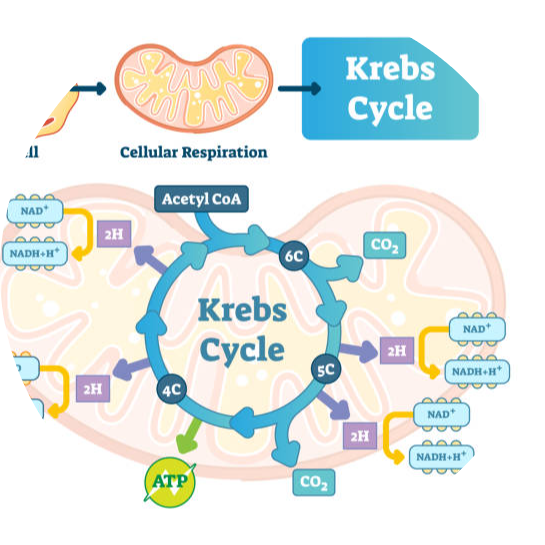
Chronic Viral Infections and Microbes: Unraveling the Connection to GABA and Glutamate Imbalances

The delicate balance between GABA and glutamate, two crucial neurotransmitters, is essential for maintaining optimal brain function and overall health. However, certain factors, such as chronic viral infections and specific microbes, can disrupt this balance by interfering with the GAD enzyme, leading to imbalances in GABA and glutamate levels.
In this article, we will explore the role of chronic viral infections and microbes in affecting the GAD enzyme and their potential links to conditions like autism and pandas.
Understanding GABA and Glutamate Imbalances
GABA, gamma-aminobutyric acid, is the primary inhibitory neurotransmitter that helps calm the brain and promote relaxation. On the other hand, glutamate is the primary excitatory neurotransmitter, stimulating brain cells and enhancing cognitive functions.
Proper balance between GABA and glutamate is crucial for maintaining a healthy nervous system and optimal brain activity. However, when imbalances occur, they can lead to various neurological and psychological disorders.
Role of Chronic Viral Infections
Certain viral infections can significantly impact the production of the enzyme glutamic acid decarboxylase (GAD), which is essential for converting glutamate into GABA. Here are some examples of viral infections that can interfere with GAD:
1. Rubella Virus: Studies suggest that the rubella virus found in the MMR vaccination can decrease the activity of the GAD enzyme by as much as fifty percent. This decrease in GAD activity may explain why some children exhibit symptoms of autism shortly after vaccination, as GABA is critical for brain function and speech.
2. Chronic Viral Infections: Besides rubella, other chronic viral infections can also interfere with the GAD enzyme, leading to an accumulation of glutamate and a decrease in GABA production. This disruption in GABA and glutamate balance can contribute to various neurological disorders.
Role of Microbes: Streptococcus and PANDAS
Streptococcus, a common bacterium, can flourish in a glutamate-rich environment and interfere with the GAD enzyme. Additionally, it is associated with a condition known as PANDAS (Pediatric Autoimmune Neuropsychiatric Disorders Associated with Streptococcal Infections). PANDAS is characterized by sudden-onset obsessive-compulsive disorder (OCD) and tics following a streptococcal infection.
The presence of streptococcus in individuals with PANDAS can lead to increased glutamate levels, which overstimulates brain cells and nerves, causing neurological inflammation and cell death. This condition is believed to be an autoimmune response triggered by streptococcal infections, resulting in GABA and glutamate imbalances.
Potential Links to Autism
Autism spectrum disorders (ASDs) are complex neurodevelopmental conditions that affect communication, behavior, and social interaction. Studies suggest that GABA and glutamate imbalances may play a role in the development of autism.
As discussed earlier, disruptions in the GAD enzyme due to chronic viral infections, like rubella, and the presence of streptococcus may contribute to the neurological and behavioral symptoms seen in autism.
Conclusion
The connection between chronic viral infections, microbes, and GABA and glutamate imbalances is a fascinating area of research with significant implications for neurological and psychological health. Understanding how viruses and microbes interfere with the GAD enzyme sheds light on potential contributing factors to conditions like autism and pandas.
Further research in this field is essential for developing targeted interventions to restore GABA and glutamate balance, offering hope for improved outcomes in these conditions.
Resources
1. Mostafa, G. A., & Al-Ayadhi, L. Y. (2013). The possible relationship between elevated serum levels of brain-specific auto-antibodies and viral serology titers in autism spectrum disorder. Journal of Neuroinflammation, 10, 102.
2. Ratajczak-Wrona, W., Jabłoński, M., & Garley, M. (2018). Effects of Inflammation on Stress Response in Cancer Patients. Postȩpy Higieny i Medycyny Doświadczalnej, 72, 175-186.
3. Swedo, S. E., Leonard, H. L., Garvey, M., Mittleman, B., Allen, A. J., Perlmutter, S., … & Lougee, L. (1998). Pediatric autoimmune neuropsychiatric disorders associated with streptococcal infections: clinical description of the first 50 cases. American Journal of Psychiatry, 155(2), 264-271.
4. Vargas, D. L., Nascimbene, C., Krishnan, C., Zimmerman, A. W., & Pardo, C. A. (2005). Neuroglial activation and neuroinflammation in the brain of patients with autism. Annals of Neurology: Official Journal of the American Neurological Association and the Child Neurology Society, 57(1), 67-81.















